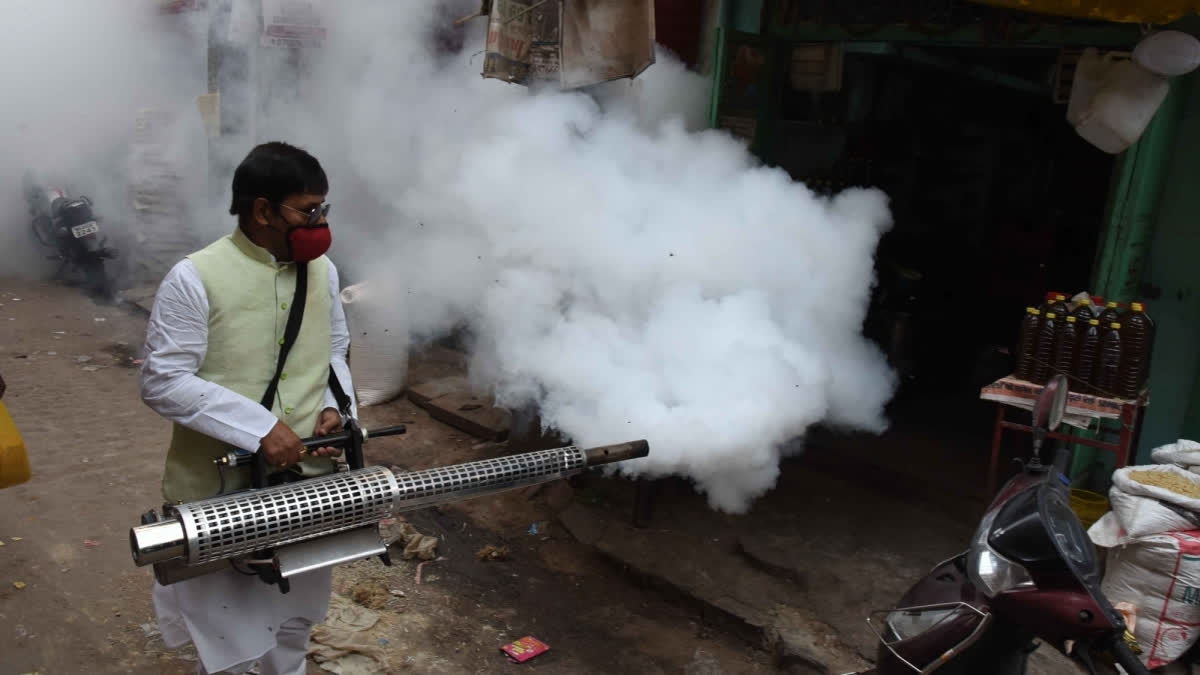New Delhi: India's vision to be malaria-free by 2027 and to eliminate the disease by 2030 is absolutely possible, but some challenges remain, said experts here on World Malaria Day on Tuesday. The country has made tremendous progress in its malaria elimination journey - observing a reduction of nearly 66 per cent in its official malaria burden between 2018 and 2022.
In 2021, India accounted for 79 per cent of all malaria cases of the Southeast Asia region, according to the World Malaria Report 2022, released by the World Health Organization (WHO). India also accounted for about 83 per cent of all malaria deaths in the region. However, among the high burden and high impact countries in the SE Asia region, India showed a decline in deaths.
"Considering the huge success of Covid-19 control, India can do it - control and elimination of Malaria is absolutely possible for India, with political will and societal support," Dr Nilima Kshirsagar, former National Chair and Emeritus Scientist ICMR, told IANS. "While India's progress deserves applause and acknowledgement, the road to elimination is still steep, and one ridden with critical challenges - India still accounts for the majority of the malaria burden of WHO's Southeast Asia region," added Pratik Kumar, Country Director, Malaria No More India - a nonprofit working in the country since 2016 to support India's ambition of achieving malaria elimination by 2030.
Disruptions due to Covid, potential effects of climate change, humanitarian crisis, health system shortfall, limited donor funding are some of the challenges in combating malaria, Dr Nilima said. These are further compounded by decline in effectiveness of our primary malaria fighting tool that is, insecticide treated nets and antimalarial drug regimen, she noted.
Malaria is a potentially life-threatening disease caused by parasites (plasmodium vivax, plasmodium falciparum, plasmodium malariae and plasmodium ovale) that are transmitted through the bite of infected female Anopheles mosquitoes. In 2015, Prime Minister Narendra Modi, along with other 17 regional leaders committed India to eliminating malaria in Asia by 2030.
To receive the official certification of elimination by the WHO, India must achieve zero transmission of malaria cases by 2027 and sustain such transmission for the subsequent three years till 2030. "India witnessed 85.1 per cent decline in malaria cases and 83.36 per cent decline in deaths during 2015-2022," Union Health Minister Mansukh Mandaviya, said at the Asia-Pacific Leaders' Conclave on Malaria Elimination on Monday.
